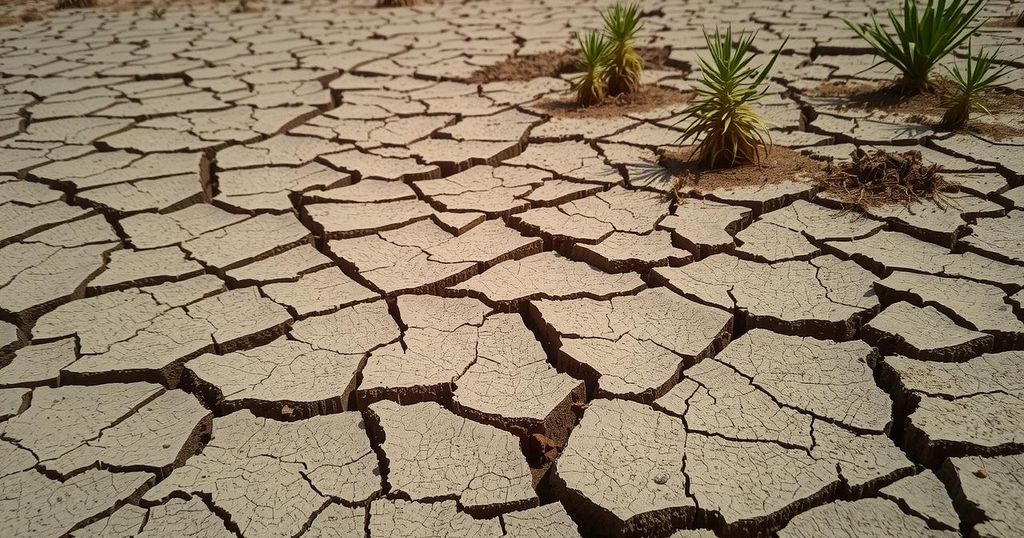The humanitarian crisis in Gaza worsens, with only 10% having access to safe water due to Israel’s power cuts. A joint US-French statement indicates ongoing border discussions between Israel and Lebanon, amidst continued military actions by Israel. Challenges in hostage negotiations and the severe toll of starvation on Palestinians further highlight the urgency of political resolutions in the region.
The humanitarian crisis in Gaza has intensified, with only one in ten individuals able to access safe water following Israel’s power cuts. The ongoing siege has resulted in severe shortages of essential supplies, including food and medicine, impacting the population significantly. Furthermore, a deadline set by the Houthis for action in the region is approaching, exacerbating the urgent situation.
Recent meetings concerning the Israel-Lebanon situation have occurred, as highlighted by a joint statement from the US and French embassies. The meeting, hosted by the UN Interim Force in Lebanon, focused on implementing UN Security Council Resolution 1701 and discussing the Cessation of Hostilities arrangement. However, Israel has continued military strikes in Lebanon, drawing international condemnation for its disregard of the ceasefire.
In a move perceived as conciliatory, Israel has agreed to return five Lebanese detainees, although Prime Minister Netanyahu’s approach has been criticized for being slow regarding hostage negotiations. Yair Golan, a leader in Israel’s political landscape, described the situation as hypocritical, stating that Netanyahu’s willingness to engage in talks while delaying hostage release demonstrates a lack of transparency and sincerity.
The return of the detainees follows Israel’s acknowledgment of their commitment to border discussions with Lebanon, facilitated by external influences. There is expectation of a forthcoming return of a fifth prisoner, further highlighting the delicate negotiations between the two nations.
Simultaneously, Israel has executed air strikes targeting Hezbollah in Lebanon, claiming that these strikes are necessary for national defense. These military actions continue to occur despite ongoing efforts to establish a truce and engage in diplomatic discussions regarding border disputes. US Deputy Special Envoy Morgan Ortagus emphasized the necessity for a political resolution to these persistent border issues.
As the conflict rages on, Palestinian individuals in Gaza are suffering catastrophic health effects due to extreme hunger, with reports indicating an average weight loss of 18kg per individual. The humanitarian consequences of Israel’s actions have raised concerns about the use of starvation as a tactical weapon, prompting international scrutiny and calls for urgent humanitarian intervention.
In summary, the situation in Gaza and Israel’s ongoing military actions have led to dire humanitarian consequences for the region’s population. The complexities of negotiating peace, coupled with the challenges posed by military engagements and hostage situations, underscore the urgent need for a sustainable political resolution. Both the international community and regional leaders must prioritize humanitarian access and work toward lasting peace agreements.
Original Source: www.aljazeera.com




